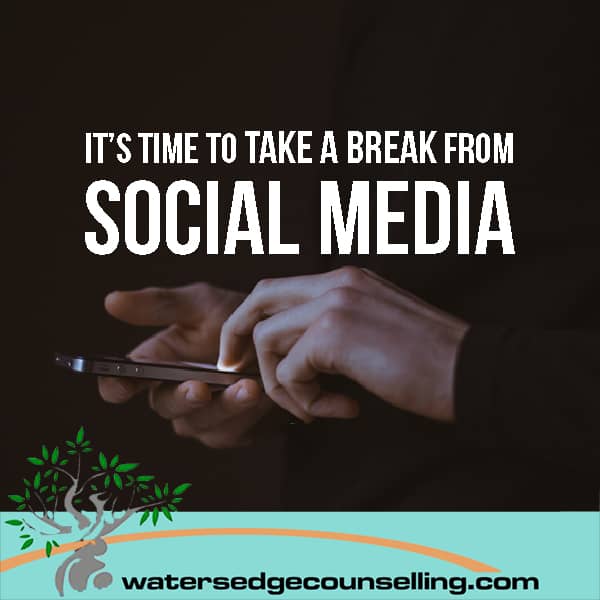
I felt sick to my stomach as soon as I read the comments. Yet I compulsively kept scrolling through my Facebook feed, checking back to see if anybody else had responded.
It was the morning after the US election, and my news feed had lit up with over-arching statements, generalities and sharp, personal attacks. Like most millennials, I spend a disproportionate time in front of my phone screen, often to the detriment of my own health. The social commentary around the election had only elevated this, and over a period of three days I felt increasingly anxious, lethargic and unwell.
Technically, I should have stepped back from social media as soon as I became unsettled: but it’s like a drug. It’s the first thing I check in the morning, and the last thing I see at night. And even when I feel the negative side effects, it only takes one ‘like’ to receive the hit of gratification I need to keep going through the day.
I know it’s unhealthy, but as someone who works in communications, using social media is part and the parcel of my life. Yet after those few days of feeling depressed, I finally realised just how dangerous my social media obsession was, and I had to stop.
After I deleted Facebook, Twitter, Instagram and Snap Chat off my phone I didn’t feel incredibly different. But over the few days I spent on ‘sabbatical’ from my personal social media, I detoxed. The negativity, anxiety and anger ebbed away, and I regained some control of my emotional wellbeing.
I don’t have a perfect remedy to the negative side effects of social media, largely because I do enjoy using it. Facebook gives me the ability to connect with friends on the other side of the world, stay up-to-date with news, and do business. But now I’m back on, I realise I need to control it, rather than every comment, smiley face or emoji controlling me.
It’s not easy to step back from social media, but sometimes your own wellbeing requires you to put up boundaries in cyberspace as well as in real life. Here’s some indicators you may need your own social media sabbatical.
-
You check it compulsively
It’s normal to check your social media regularly, but if you’re struggling to get through the hour without scrolling through your news feed, it’s time to stop. Social media should add value to your life, not detract from you actually living it.
-
You have FOMO
FOMO (Fear of missing out) comes from a place of deep insecurity and a need for acceptance. Checking Twitter to stay ‘in the loop’ and finding value in the conversations, events and photos you’re in only adds to this mindset and will leave you unhappy.
-
It’s compromising your real-life relationships
Online relationships are never a substitute for real life relationships. If your social media is detracting from time spent investing in your marriage, couple relationship, family time or friendships, you need to reprioritise.
-
It’s distracting you
If you’re taking a Snap Chat while a friend is talking to you, you’re ignoring them. And while it’s become increasingly acceptable to be on social media while we’re with our friends and family, its essential we draw boundaries to keep our face-to-face interactions sacred.
The same goes for the work place. If you’re spending more time on your own social media than doing paid work, either behind a desk or with clients, it’s time to readjust your habits.
-
You’ve created a pseudo identity
Some people create a false identity online with a different name and life for themselves. More often than not though, we keep our name but embellish our identity.
That means we only share ‘impressive’ images, great selfies, speak a certain way, or create hidden relationships in cyberspace. People online aren’t seeing a true representation us, and basing our identity on this is unhealthy and can be damaging.
-
It negatively impacts your emotions
If being online causes to feel anxious, angry, agitated, depressed or nauseous, it’s time for a break. You may not even realise social media is cause of these feelings (and often the physical symptoms accompanying them), especially if this is a regular occurrence.
To test this, write down how you are feeling immediately after you check your social media. Then spend half a day free of it, and write down how you are feeling. Compare your lists: is there any difference? Before you check it again, write down any feelings you have. If you feel anxious or agitated by compulsion to use social media you’ll notice and can adjust your habits accordingly.
Are you addicted to social media? Does the idea of not being online make you feel anxious? Contact Colleen on 0434 337 245 for a FREE 10 minute consultation on how she can best help you or press book now.